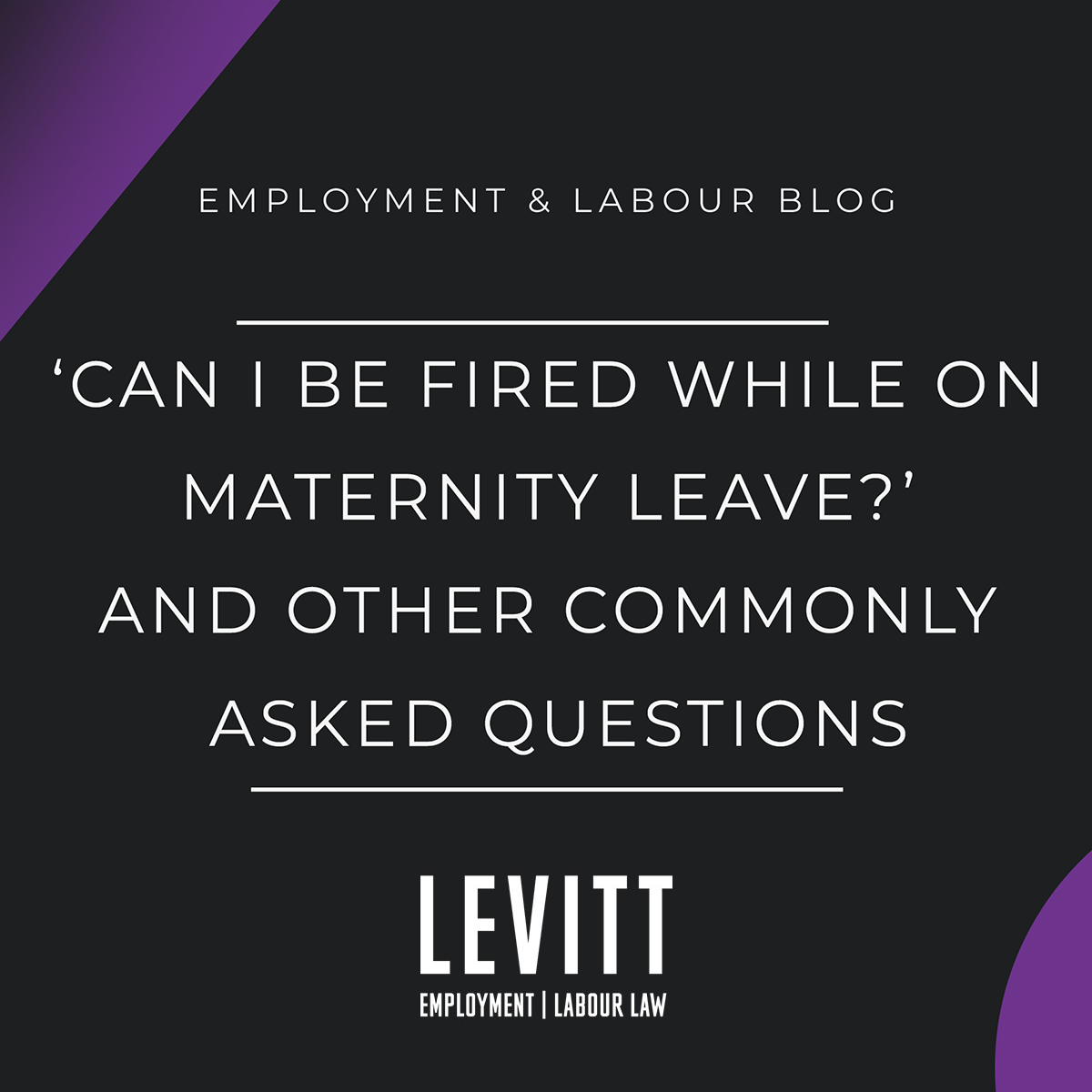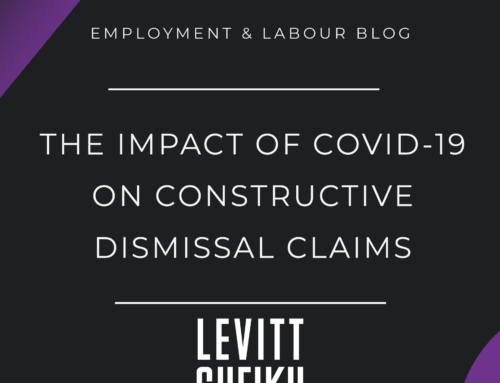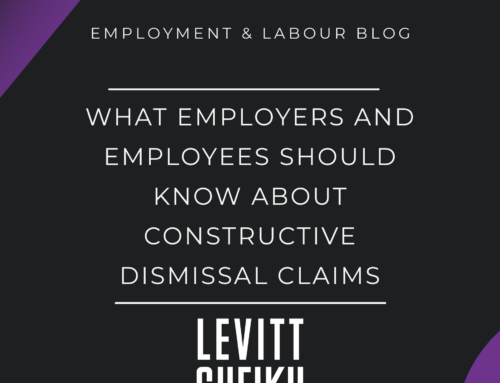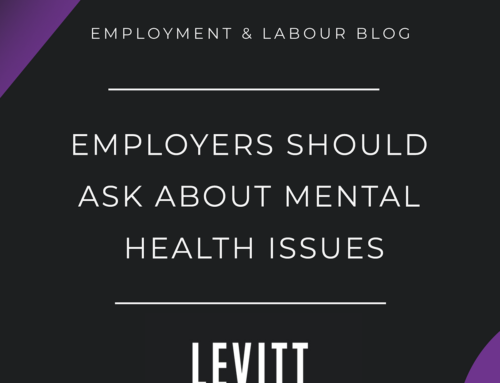Employment lawyers are used to hearing some questions repeatedly. Often those questions are around issues that involve human rights legislation. Here are a few questions along those lines that I’ve heard frequently on my weekly radio show on NEWSTALK 1010 in Toronto:
Q: Can an employer reduce the wages of a disabled employee who was accommodated in a more junior position?
A: The short answer is yes. An employer has an obligation to accommodate an employee (and an, employee to co-operate with that accommodation). If the only suitable position is at a lower compensation, the employer is entitled to reduce the employee’s wages accordingly.
Q: If a pregnant employee is unable to perform the task or their continued performance endangers that employee’s health, can the employer require her to take an early leave of absence?
A: Only if the employer receives cogent medical evidence. In that eventual, if the employee’s doctor says otherwise, it will be that doctor being sued, not the employer. An employer can, prophylactically, require the employee to obtain such medical documentation if they have a good-faith reason to believe there is such a hazard to her health.
Q: I have just returned from maternity leave but now need to leave work two hours before my shift ends to allow my spouse to go to work. Do I have any rights in this regard?
A: Employers must accommodate family status difficulties, including this one. However, the employee and the employer must work together to come up with other solutions first, before the employer would have to accommodate the employee.
Q: Can I be fired while on maternity leave?
A: You can be fired but not because of your maternity leave. If there is a large-scale layoff, for example, and the employer can establish that you would have been laid off even if you were not on leave, you can be terminated with the rest. However, the fact that you are on maternity leave cannot be a factor in a layoff and both human rights and employment standards legislation protect women against this. The reason is obvious: If a woman on leave could be replaced by a more skilled, qualified, or political replacement, half of women would never be permitted to return and the other half would be too terrified to ever take maternity leave.
Q: I have an employee who has been absent for more than a year. Can I fire this employee?
A: If you are firing any employee because of illness, it is not only a wrongful dismissal but a human rights violation unless they have been absent so long and the prognosis is so poor that the court concludes that the employment is “frustrated.” In that event, the employee is only entitled to the Employment Standards minimum severance, not wrongful dismissal damages. How long that period will be before an employee can assert frustration is a function of the employee’s length of service, the existence of a long-term disability policy (which makes it longer), and how important it is that the position be filled.






